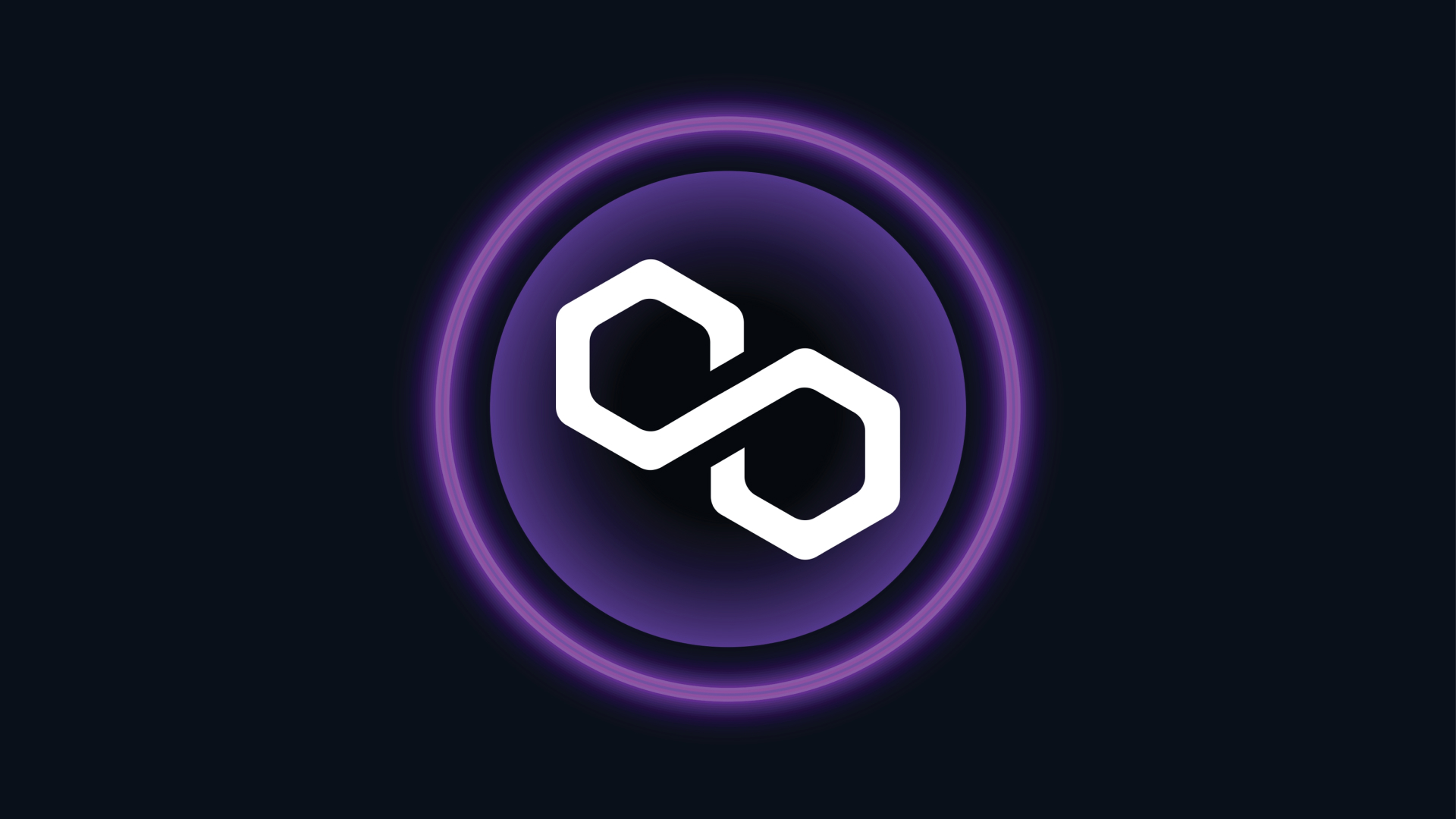Table of Contents
Polygon has announced that it has successfully completed its highly anticipated hard fork, designed to boost performance and reduce spiking gas fees and disruptive chain reorganizations.
The hard fork went live on Tuesday and included two proposals, which Polygon validator teams voted to approve.
Highly Anticipated Hard Fork
Ethereum Layer-2 scaling solution Polygon has announced that its highly anticipated hard fork has gone live. The upgrade took place on Tuesday at 10:45 UTC, according to a tweet put out by Polygon Labs. The proposals included in the upgrade were put forth in December, with 87% of Polygon validator teams participating and voting for approval. However, only 15 validator teams participated in the voting process, a relatively low number given the number of active validators at a time is limited to 100.
The Proposals
The upgrade, called the Polygon Delhi Fork, aims to achieve two key goals: reducing gas fee spikes during transactions and improving finality by reducing disruptive chain reorganizations. It aims to do this through two proposals. The first proposal adjusts a mechanism that sets gas fees used when transacting on the blockchain. The mechanism hopes to keep gas prices low during periods of substantial transaction activity on the network.
The second proposal reduces the time to complete a data block, preventing frequent and disruptive chain reorganizations. These reorganizations occur when validator nodes receive information that temporarily creates a new version of the blockchain.
In a blog post published last week, the team dwelled on both proposals. The team noted that the update would change the base fee from 8 to 16. The base fee is the minimum gas fee required to include a transaction in a new block. While gas prices generally function normally, base gas fees are prone to experiencing significant spikes during periods of increased activity. The Polygon team stated in its blog post,
“The expectation is that the rate of change for the base gas fee will fall to 6.25% from the current 12.5% to smooth severe fluctuations in gas prices.”
While gas prices will still increase during periods of intense demand, the increase will be in line with how Ethereum gas price dynamics function. The team added,
“The goal is smooth out spikes and ensure a more seamless experience when interacting with the chain.”
Addressing the issue of chain reorganizations, the team stated that addressing chain reorgs would reduce sprint lengths from 64 to 16 blocks. Consequently, a single block producer will be able to produce blocks continuously for far less time (around 35 seconds) than the current time of around 128 seconds.
A Much-Needed Scaling Solution
Polygon was launched in 2017 as a much-needed scaling solution to Ethereum, enabling users to experience significantly faster throughput and low fees. The scaling solution has processed over 2.3 billion transactions. It has over 200 million unique addresses, along with thousands of decentralized applications (dApps) and some of the most prominent Web3 projects, including Uniswap and Aave, building on it.
Against this backdrop, the upgrade assumes significance, as it greatly improves the chain’s predictability and performance. Meanwhile, the platform’s native MATIC token has not made any drastic change in valuation following the upgrade, although it continues its push toward the $2 mark, having seen a 20% increase over the past 7 days. Currently, the token is trading at around $1, according to data from CoinMarketCap.
Disclaimer: This article is provided for informational purposes only. It is not offered or intended to be used as legal, tax, investment, financial, or other advice.
Investment Disclaimer










